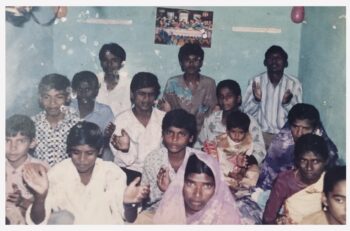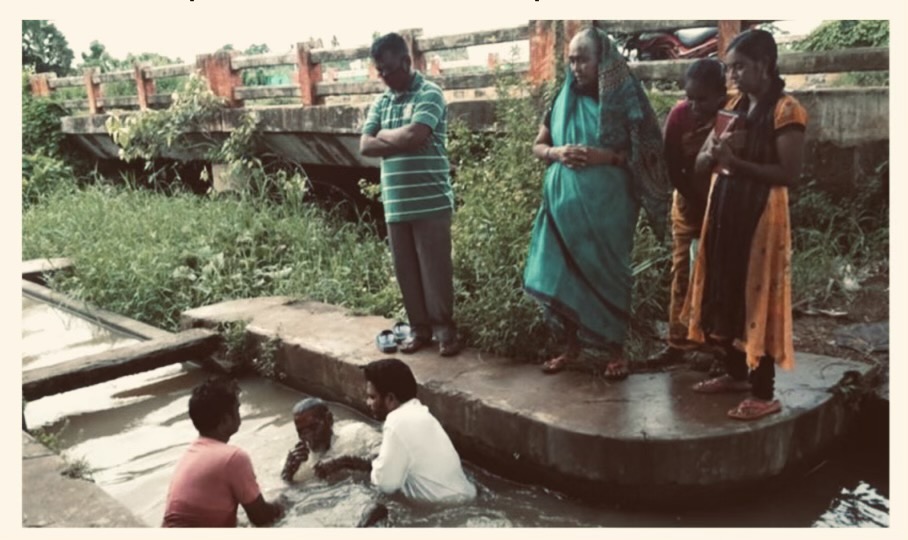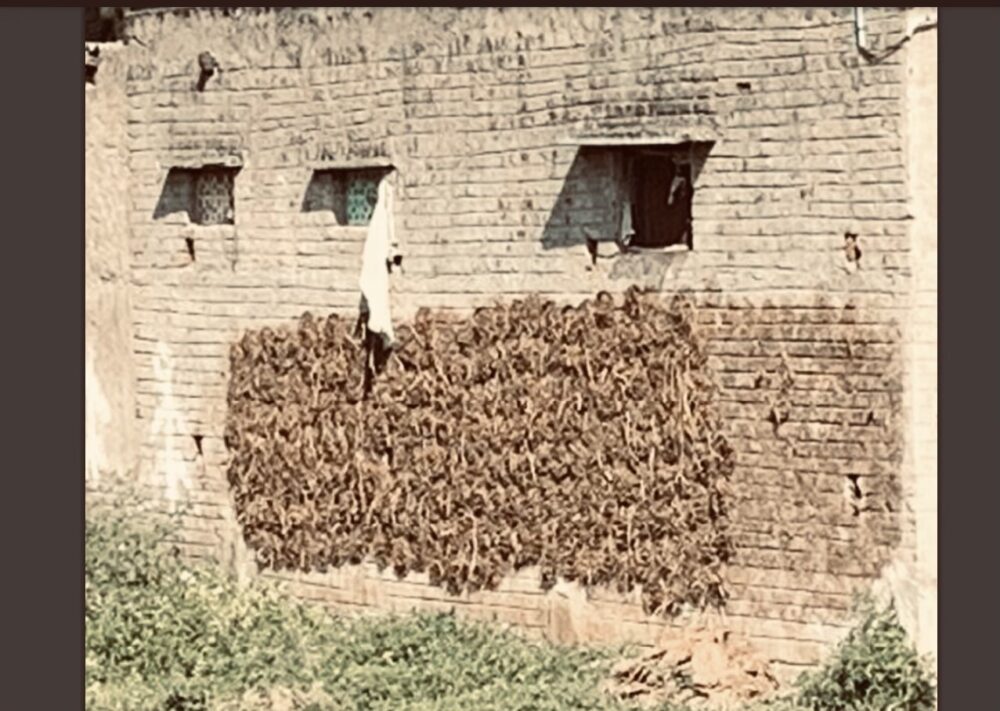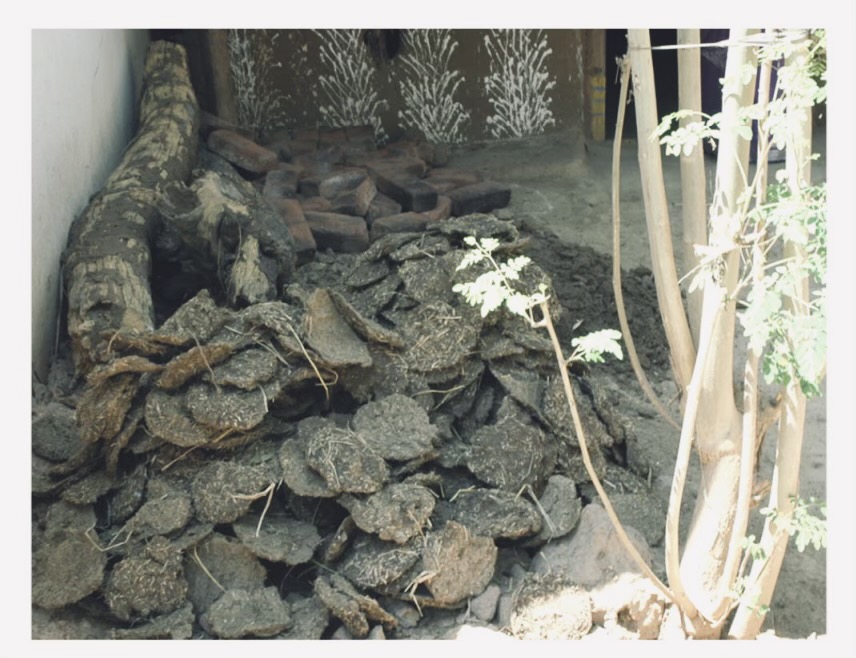By Jon Nelms —

In rural India, nothing goes to waste, including the waste itself. The American Indians used the excrement of deer, bear, and buffalo as fuel for their cooking fires. Even so, today, the poor of India do the same, just as their ancestors have done for thousands of years.
Felling a tree for fuel is a long, laborious project, and of course, it will take years for the tree to be replaced. In ages past, the poor of India, who may not have had an axe to cut a tree or coins to purchase firewood, learned that after drying, the excrement of the water buffalo and cows was an incredible, free source of “renewable energy.”
Anyone who knows anything about India knows that it is ruled culturally by its caste system. There are four main castes and hundreds, if not thousands, of sub-castes. The four main castes are:
Brahmins, the priestly families
Kshatriyas, the rulers, administrators, and warriors
Vaishyas, the artisans, merchants, farmers, and tradesmen
Shudras, the laboring classes
But in fact, there are five castes, but the fifth is considered so low that it is not included with the others. They are not people without a country; they are people without an identity; human chaff, disposable and unworthy of pity; their only purpose is menial labor, and unlike the Christian concept of being able to rise from your situation and aspire to greatness, they have no ladder to climb. They are captive to their position. Even if they were to acquire great wealth, they are still culturally ‘an untouchable,’ unworthy of contact or communion with anyone other than another untouchable.
The name of their caste is Dalit or Harijan, but they are universally known as the “untouchables.” This is because they are considered to be so low mentally and spiritually that if you even touch one of them, you must purify yourself from their uncleanliness. (All this was given to them by their Hindu faith, which still preaches and practices this absurdity.)
So how does one become a Dalit? They are born into such a family, they believe, as punishment for sins of their past lives. This is their chance to do penance and hopefully have a better life next time. So then, your family name literally determines your caste, your life-options, and your occupation. If you are born into a barber caste, then you are a barber!
Missionaries and national pastors have long fought against this discrimination and taught that all men were created equal by God, whom Hinduism calls Brahma. Hinduism, which is 4000 years old, teaches that Brahma and His son, Prajapati, created the universe, the world, the land and water, the birds, animals, fish and plants, and then man.
They teach that man turned his back on Brahma and was separated from Him, but that Brahma prophesied that someday He would send His son to die as a sacrifice for the sins of man — that he would be born of a virgin, live a sinless life, die on a tree, have a crown of thorns, and rise from the grave.
Many current Brahmin believers in Jesus became so because after reading a gospel of John, they recognized that Jesus was the prophesied son of Brahma, whom we call God. He fulfilled all 17+ prophesies given in the Vedas (their holy books).
Most Indians do not even know this teaching and its fulfillment in Christ. This is because until recently, all their holy books were only available in Sanskrit, an ancient language that is not read by most Indians. When they learn that their forefathers once knew the Truth and turned from it, as Paul says in the opening chapters of Romans, they run to Christ as a thirsty animal to the stream.

Most Believers in India are Dalits, but their witness is now reaching into all the castes.
Today, only the lowest of the low gather buffalo dung, pat it into a ball, then smash it against a wall so the sun can dry it, leaving their handprint on each patty.

Afterward, they gather the patties and go door to door, selling it for fuel and patching, as it can be wet and spread on the dirt floor or packed into a wall. (You can see on the wall where some of the patties have already been taken to be sold.)

Once dry, there is no smell and it resembles a concrete floor or plaster wall that can then be painted. It is a very practical building resource and fuel supply.
So, who is it that does this menial work? It is often the wife of a poor pastor, the quintessential Proverbs 31 wife, that rises early to work for her family. We honor her by supporting her husband.
Jon Nelms is the president of Final Frontiers Foundation. To learn more, go here



